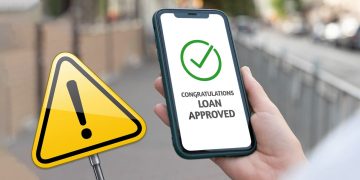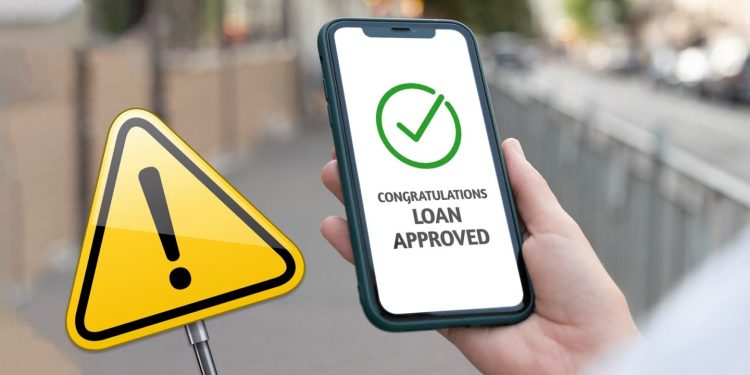By John Ikani
Google has introduced a new policy to ban loan apps in Nigeria from accessing users’ contacts and photos, in a move aimed at curbing privacy violations and unethical recovery practices.
Loan apps in Nigeria typically make it compulsory for users to grant permission to access their photos and contacts, which are then used to blackmail the user in case of default, raising privacy concerns.
The policy takes effect from May 31, 2023, and will also require loan apps to provide detailed information about their interest rates, repayment plans, fees, and charges on the Play Store to guide users.
“We’re updating our Personal Loans policy to state that apps aiming to provide or facilitate personal loans may not access user contacts or photos,” Google said in a statement on its developer policy page.
“Apps that provide personal loans, or have the primary purpose of facilitating access to personal loans (i.e., lead generators or facilitators), are prohibited from accessing sensitive data, such as photos and contacts.”
The new policy is in addition to earlier requirements that mandated loan apps to submit an approval document from the Federal Competition and Consumer Protection Commission (FCCPC).
“The success of our partnership with Google continues to sanitize the digital lending space in Nigeria,” said the FCCPC, which partnered with the Independent Corrupt Practices and Other Related Offences Commission (ICPC), the Central Bank of Nigeria (CBN), the Economic and Financial Crimes Commission (EFCC), and the Nigerian Communications Commission (NCC) to introduce an interim registration framework for digital lenders.
The FCCPC’s CEO, Babatunde Irukera, said that 173 digital lending companies had been registered under the framework, but registration does not mean they are all law-abiding.
However, he said that with the information provided by the registered companies, the FCCPC can easily trace and hold them accountable if they violate any law.




































